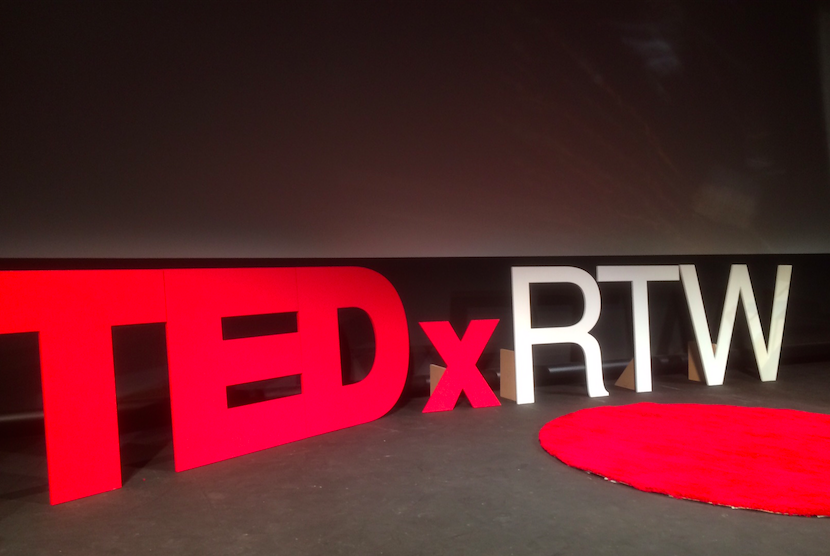 I don’t know if it’s just the nature of the fast-changing digital industry I work in, but I am increasingly discerning about the people I am willing to listen to. Here are my key observations from the speaker circuit.
I don’t know if it’s just the nature of the fast-changing digital industry I work in, but I am increasingly discerning about the people I am willing to listen to. Here are my key observations from the speaker circuit.
There’s no way one can grow professionally in a fast-changing industry like communications without attending industry events. I’ve attended a number this year already – BrightonSEO, The Inbounder in Valencia (write ups here), a TEDx, and I myself have spoken at a number of company-specific events across Europe.
As you’d expect, the quality of both delivery and content of speakers has varied really quite markedly. I find I can forgive the presenter whose PowerPoint is a cluttered mess of low-pixel photos and Times New Roman text, just so long I know more by the end of the speech than at the beginning. [Continues…]

The sci-fi setting for The Inbounder, Valencia.
In my opinion, the best presenters don’t always have to do the whole speech and slides thing. I remember adland legend Dave Trott at BrightonSEO more or less ad-libbing and doodling his slides live on stage, and we in the audience loved it and left inspired.
Just a few things I’ve noticed in 2016:
Does anyone use Prezi anymore? It’s been a while since I’ve seen a Prezi-based presentation. I used to use them religiously before reverting back to PowerPoint. Sometimes the over-elaborate displays could draw attention away from the key points.
I don’t have any time for ‘evangelists’. I think the whole “hey guys, you gotta engage, the future is digital” message is so 2008, but I’ve still stumbled across speakers who like to talk about the power of social media and the need for companies to change (bears/woods, Pope/Catholic), often without showing examples of their own work.
Following on from that, I only want to hear from those at the coalface. As you get more experienced, the only people you really want to hear are the “been-there, done-thats” who have licence to talk practically through their projects, what worked and – equally importantly – what didn’t. If you listen to sportspeople they will always say they learned nothing from winning, only losing.
Speaker slots are often way too long. 40 minutes is a looong time. It’s half a rugby match. This is why I love the TED format, where speakers are limited to 18 minutes based on that being the scientifically proven maximum that we can concentrate.
I prefer talking in the UK. At the last count, I have addressed audiences in eleven different countries, including Spain (in Spanish), Russia, Austria, Belgium, Switzerland, Czech Republic, Singapore, Poland, Germany and France. And, much as I love the travel and meeting new people, I prefer speaking in the UK. It’s not just because you can get that all-important, self-deprecating, cultural reference joke in early doors to unwind the crowd, it’s also because I think we’re quite a tough crowd to please, too. If you get a good reception in the UK, you’ve done well.
What are your key observations from the current speaker circuit? What do you like/dislike?
